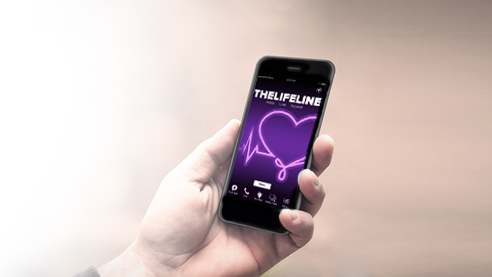
What is Right with You?


By Renea Mohammed
A colleague gave me a book. It’s called Character Strengths and Virtues: A Handbook and Classification, by Christopher Peterson and Marin E.P. Seligman. It strikes me as opposite to the Diagnostic and Statistical Manual of Mental Disorders, Fifth Edition (DSM-5), the massive book of deficiency and problems our mental health system works hard to fix. I won’t claim to have read all, or even half, of either book. At a massive 800 pages the book my colleague gave me seems just as weighty as the DSM-5. But I was struck by the title and one of the questions it asks: “Can we hold hope that positive psychology will be able to help people evolve toward their highest potential?” (Peterson & Seligman, 2004, p. v).
It reminded me of the strengths based approach we talk about in peer support training. It reminds me of the importance of recognizing and paying attention to what is right with a person. I know I feel better, more empowered and more motivated, when someone notices my strengths and points them out than when they focus on my deficiencies. I know I feel more motivated about moving toward a positive dream or goal as opposed to a focus on moving away from the things that are wrong in my life. And sometimes, as I move toward that dream or goal, I actually overcome a challenge or two that life has thrown at me in the process. I know that if I am faced with a challenge or deficit, it’s my strengths and assets I need to harness in order to overcome it.
So, it seems to me, that to be effective in supporting people to overcome mental health problems, the system needs to pay just as much attention to what is right as to what is wrong. I’m not suggesting the system deny that there is a problem, but along with the problem, strengths and assets need to be identified, documented and drawn upon. At the same time, people receiving mental health services should be supported in aspiring to more than just the absence of illness.
How refreshing then, to come across a book that focuses on identifying character strengths and virtues, a book that says things like: “We write from the perspective of positive psychology, which means that we are as focused on strength as on weakness, as interested in building the best things in life as in repairing the worst…” (Peterson & Seligman, 2004, p.4). Mental “health” is, after all, about more than eliminating deficiency. It’s about being mentally “healthy”. That includes strength, happiness and fulfillment. It’s about going beyond what is wrong to ask “What is right?”
Reference
Peterson, C., & Seligman, M. (2004). Character Strengths and Virtues: A Handbook and Classification. Washington, DC: Oxford University Press.

